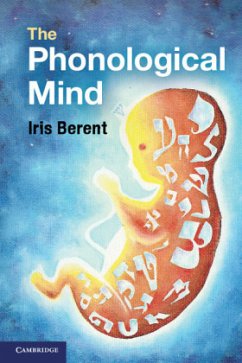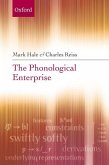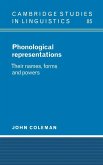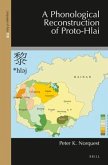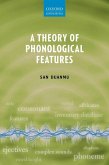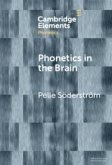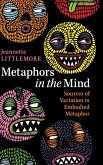Humans instinctively form words by weaving patterns of meaningless speech elements. Moreover, we do so in specific, regular ways. We contrast dogs and gods, favour blogs to lbogs. We begin forming sound-patterns at birth and, like songbirds, we do so spontaneously, even in the absence of an adult model. We even impose these phonological patterns on invented cultural technologies such as reading and writing. But why are humans compelled to generate phonological patterns? And why do different phonological systems - signed and spoken - share aspects of their design? Drawing on findings from a broad range of disciplines including linguistics, experimental psychology, neuroscience and comparative animal studies, Iris Berent explores these questions and proposes a new hypothesis about the architecture of the phonological mind.
'Although research on sentence processing has long been informed by syntactic theory, there has been more of a disconnect between phonological theory and research on word/sub-word processing. No more! This monograph establishes firmly how phonological theory and theories of speech processing are intricately connected. With this book, Berent cements her position as a major contributor to the research on speech processing and phonological theory, and the interface between these two fields.' Andries W. Coetzee, University of Michigan

